Category: Students Wellbeing
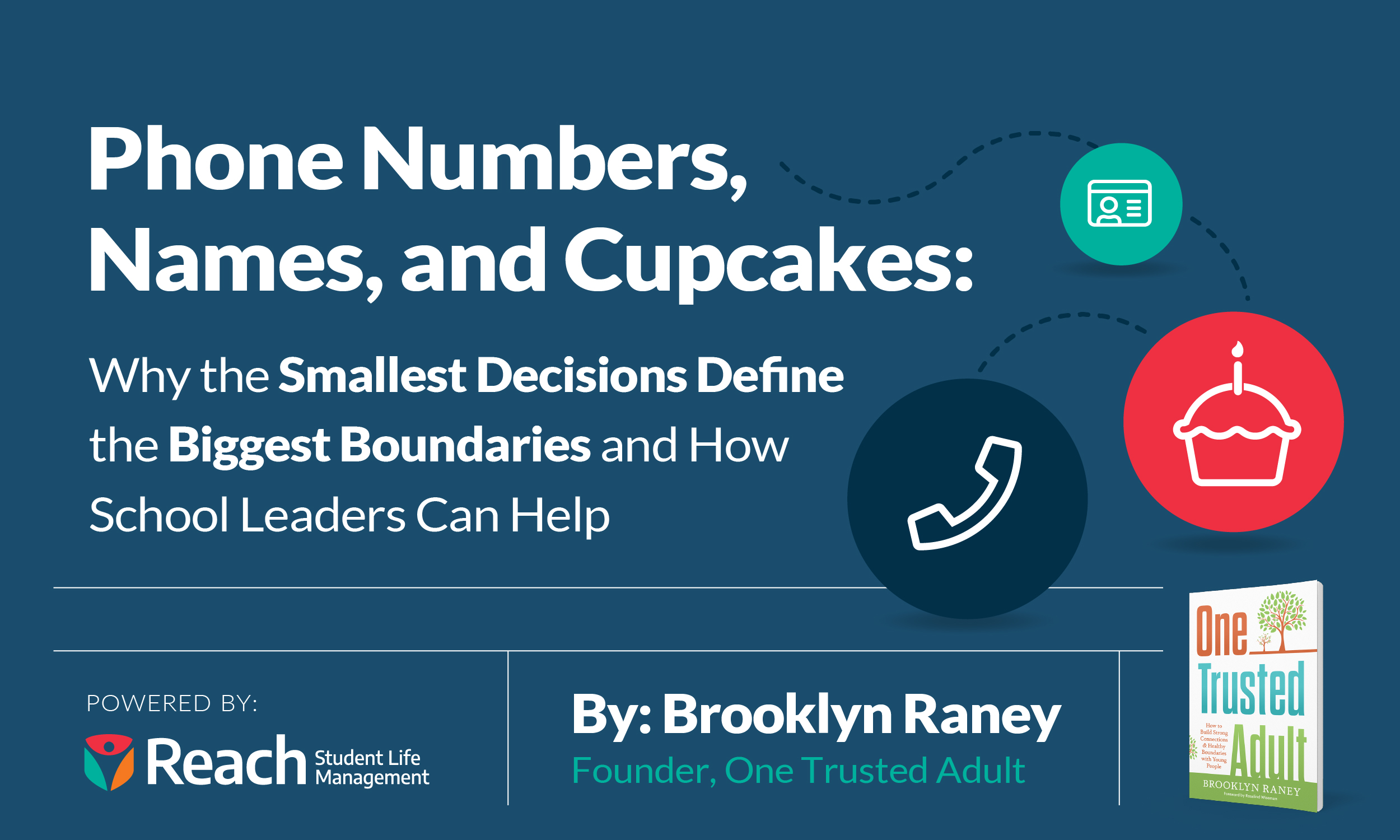 Phone Numbers, Names, and Cupcakes: Why the Smallest Decisions Define the Biggest Boundaries and How School Leaders Can HelpRead the article
Phone Numbers, Names, and Cupcakes: Why the Smallest Decisions Define the Biggest Boundaries and How School Leaders Can HelpRead the article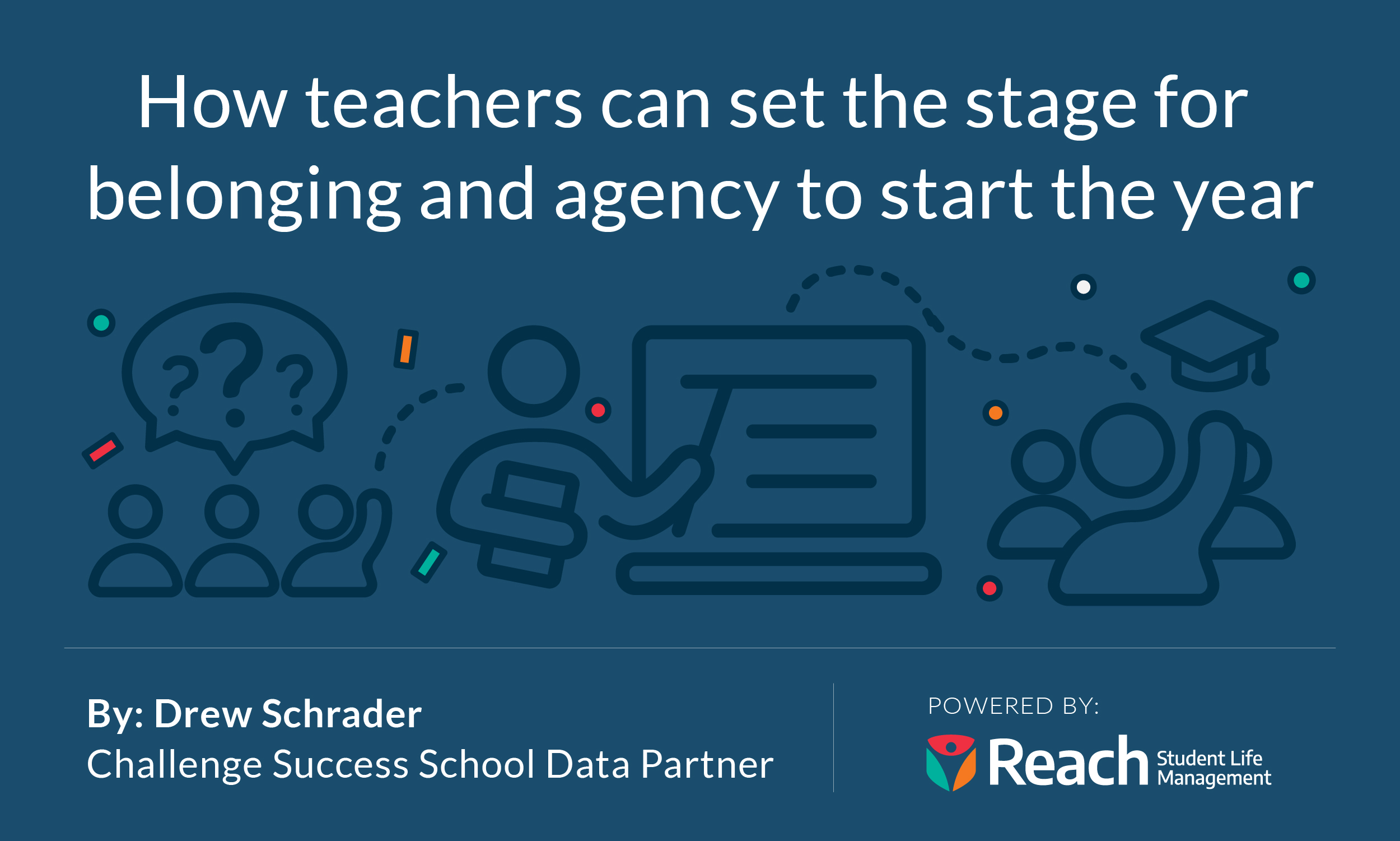 How teachers can set the stage for belonging and agency to start the year
How teachers can set the stage for belonging and agency to start the yearThe first weeks of school set the tone for everything that follows. They’re about expectations and routines — but also about something deeper: giving students a true sense of belonging and agency.
In this article, Challenge Success, shares a practical three-step blueprint for teachers to foster agency from day one — helping students feel heard, supported, and empowered in their learning.
It’s a reminder that when students are given the space to ask, share, and explore, they don’t just learn more — they thrive.
Read the article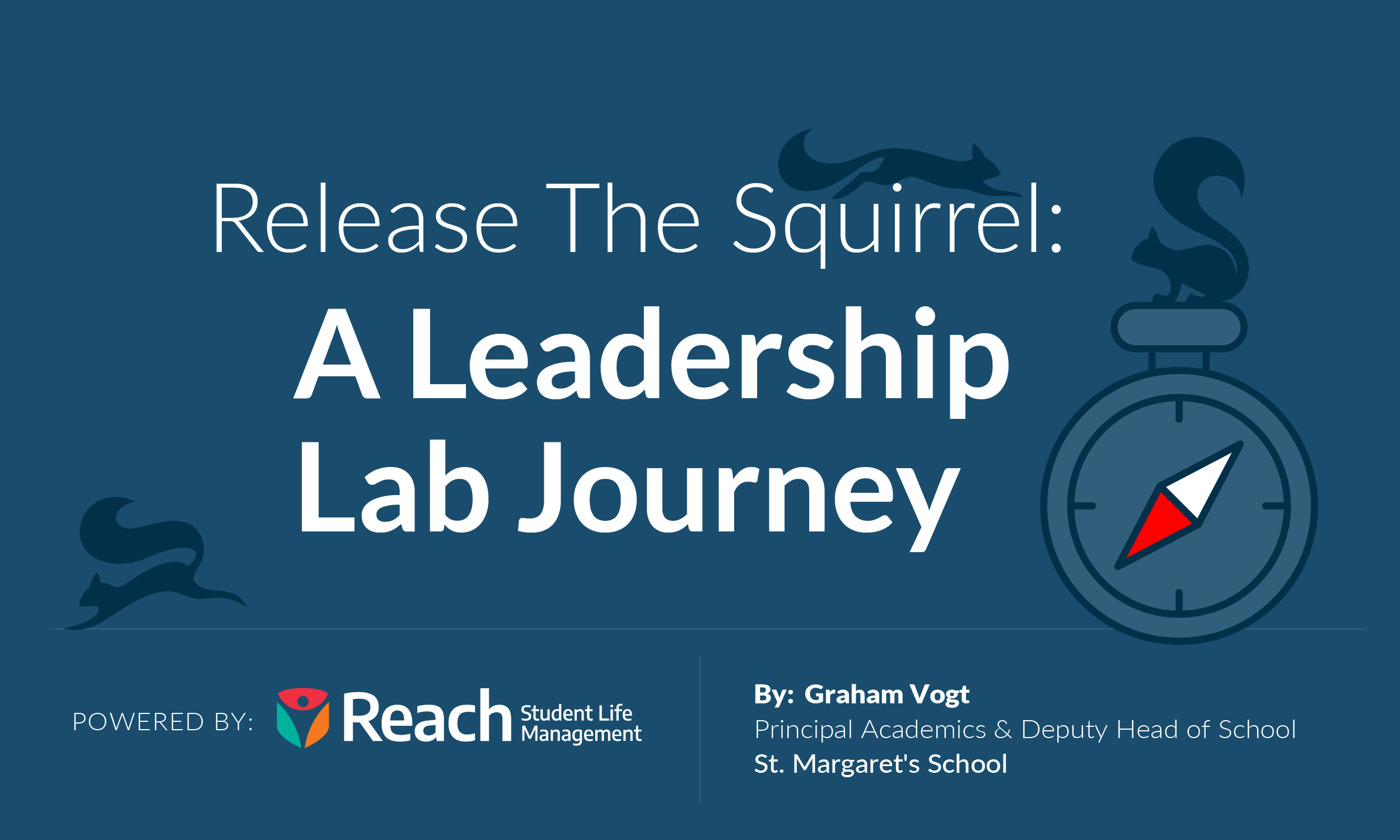 Release the Squirrel: A Leadership Lab Journey
Release the Squirrel: A Leadership Lab JourneyWhat do leadership, parenting, and a backyard squirrel trap have in common?
In Release the Squirrel: A Leadership Lab Journey, trusted educator and writer Graham Vogt reflects on a single, emotional moment with his daughter—and how it became a living metaphor for empowerment, impulse, and conviction.
This isn't your average leadership article. It's a story about choosing presence over control, values over convenience, and pausing long enough to truly lead.
Read the full piece now and rediscover what it means to lead with heart.
Read the article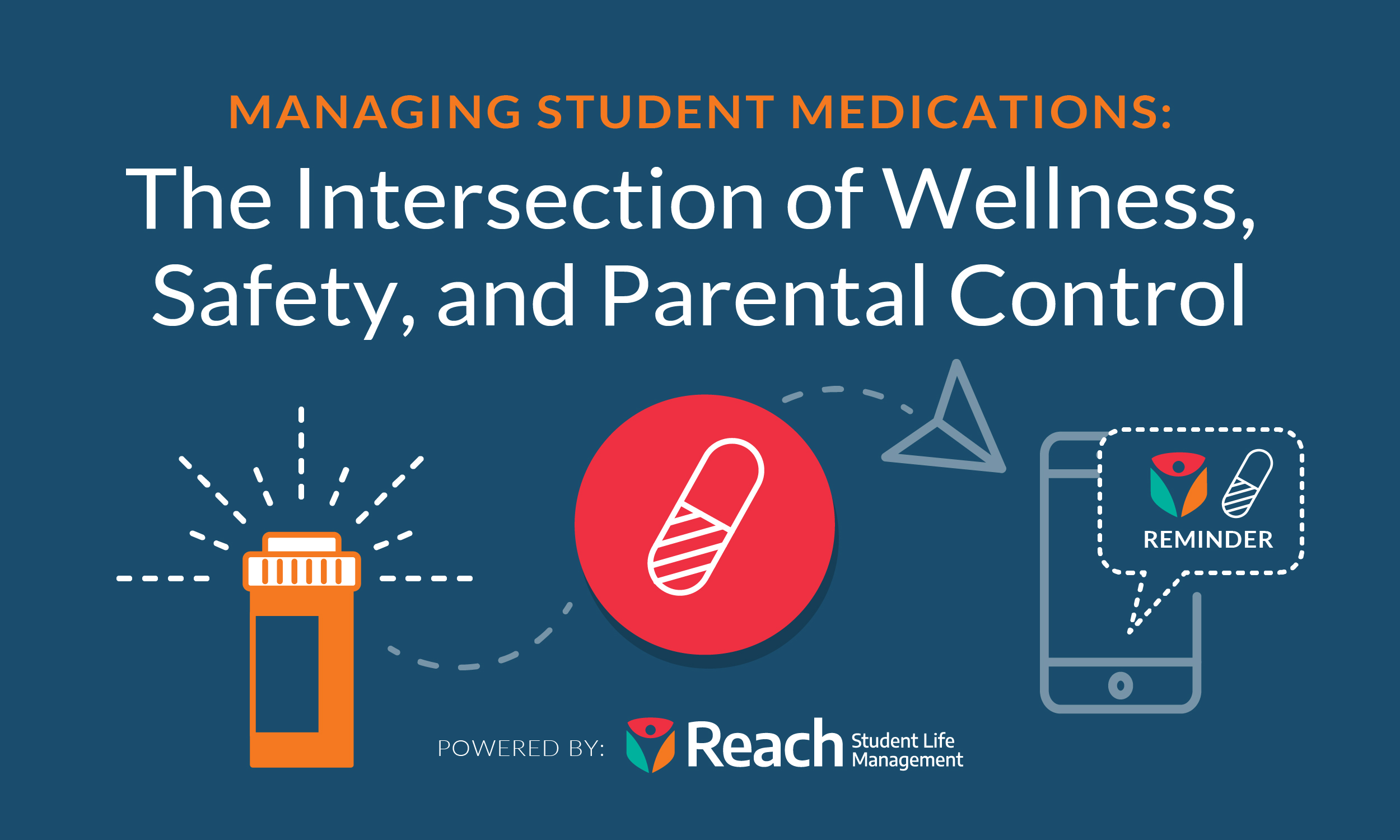 Managing Student Medications: The Intersection of Wellness, Safety, and Parental Control
Managing Student Medications: The Intersection of Wellness, Safety, and Parental ControlStudent wellness includes safe, efficient medication management. Reach’s Medications Manager helps schools streamline permissions, administration, and alerts—ensuring compliance, transparency, and timely care. Empower staff, support students, and give parents peace of mind with a smarter, tech-driven solution for medication safety.
Read the article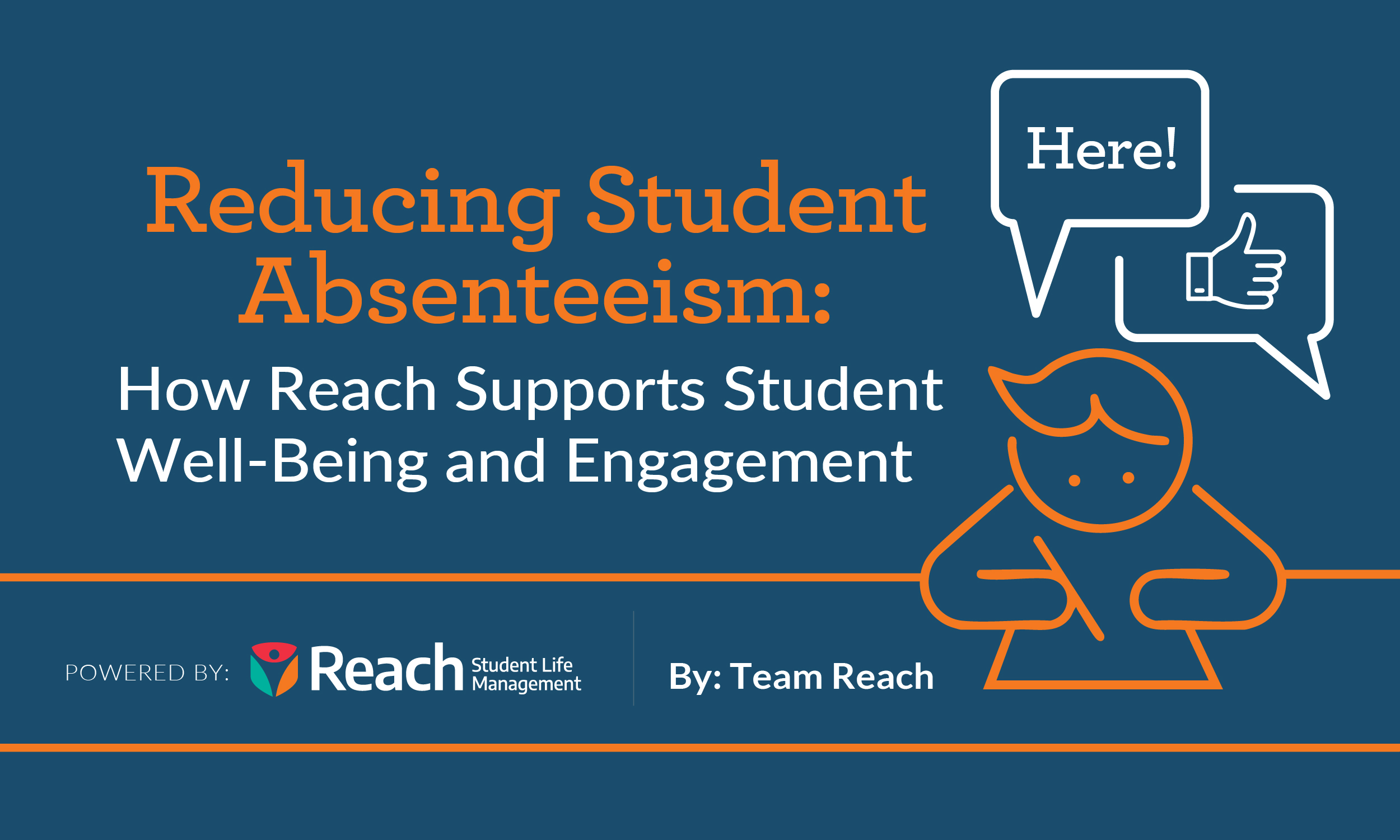 Reducing Student Absenteeism: How Reach Supports Student Well-Being and Engagement
Reducing Student Absenteeism: How Reach Supports Student Well-Being and EngagementAbsenteeism reflects deeper challenges. Reach helps schools address root causes by tracking student well-being, strengthening routines, and using Prep4School videos to teach resilience and time management—empowering students to stay engaged, supported, and present. Build a proactive culture of attendance with Reach.
Read the article Dogs, Dorms, and Deep Connections: The Power of Pets in Boarding Life
Dogs, Dorms, and Deep Connections: The Power of Pets in Boarding LifeAt King’s-Edgehill School, Millie and Harvey are more than just pets—they’re part of the Buckle House family. From easing homesickness to helping students open up, these two labs have transformed dorm life in ways no one expected.
Read how houseparents Erin and Brayden Lachance found furry friends to be the secret to building connections and creating a true home away from home.
Click the link to read Morgan Wirtanen’s full story about these pawsitively heartwarming pups!
Read the article Making the Dorm a Boy’s Home-Away-From-Home
Making the Dorm a Boy’s Home-Away-From-HomeAt Avon Old Farms, dorm life is designed to help boys thrive academically, emotionally, and socially. Through structure, compassion, attention, and presence, students feel supported and equipped for success, fostering a sense of belonging and preparing them for future challenges.
Read the article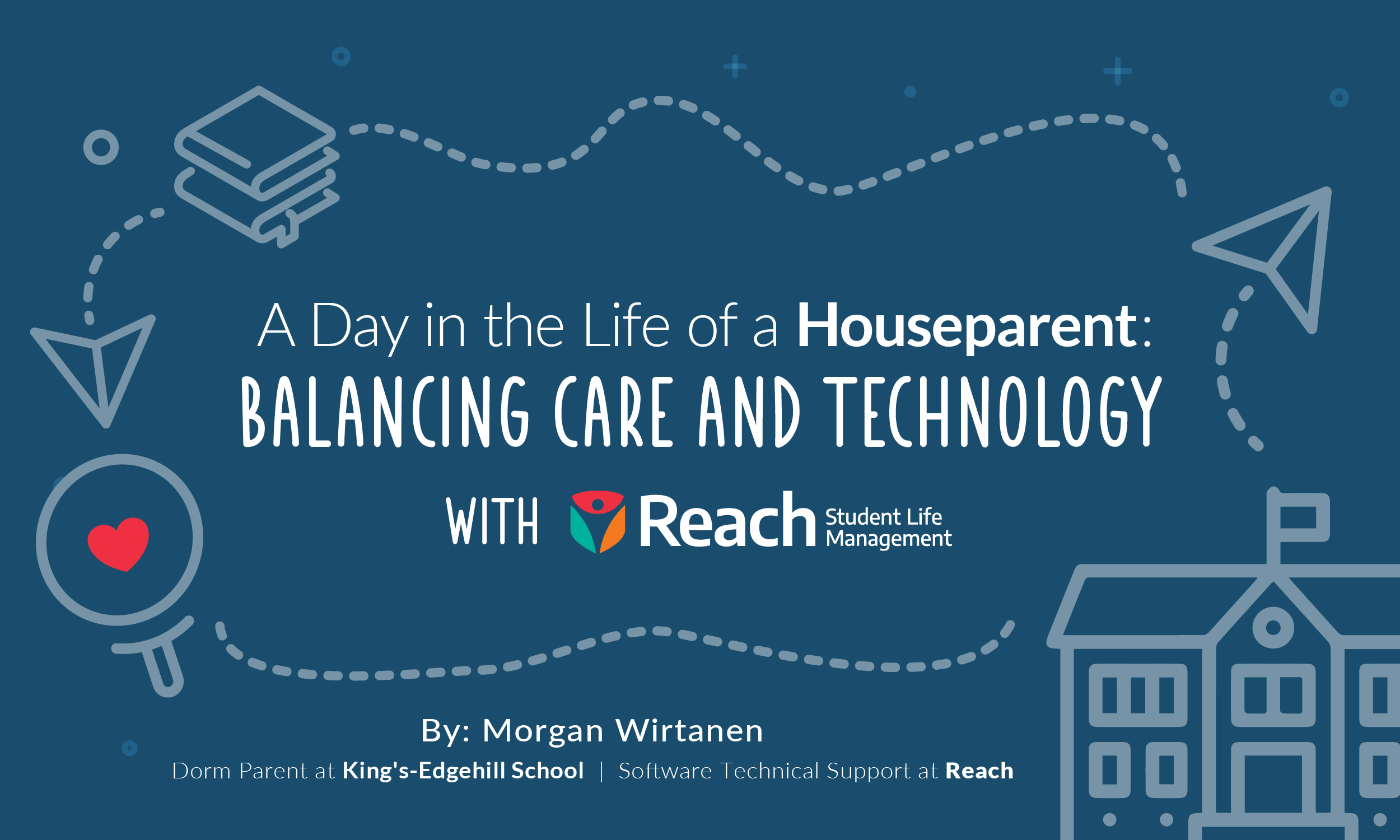 A Day in the Life of a Houseparent: Balancing Care and Technology with Reach
A Day in the Life of a Houseparent: Balancing Care and Technology with ReachMorgan Wirtanen, Dorm Parent at King’s-Edgehill School, shares how Reach technology streamlines everything from morning check-ins to late-night duty reports, allowing houseparents to focus on what matters most: their students. A Day in the Life of a Houseparent: How Reach Makes It All Easier.
Read the article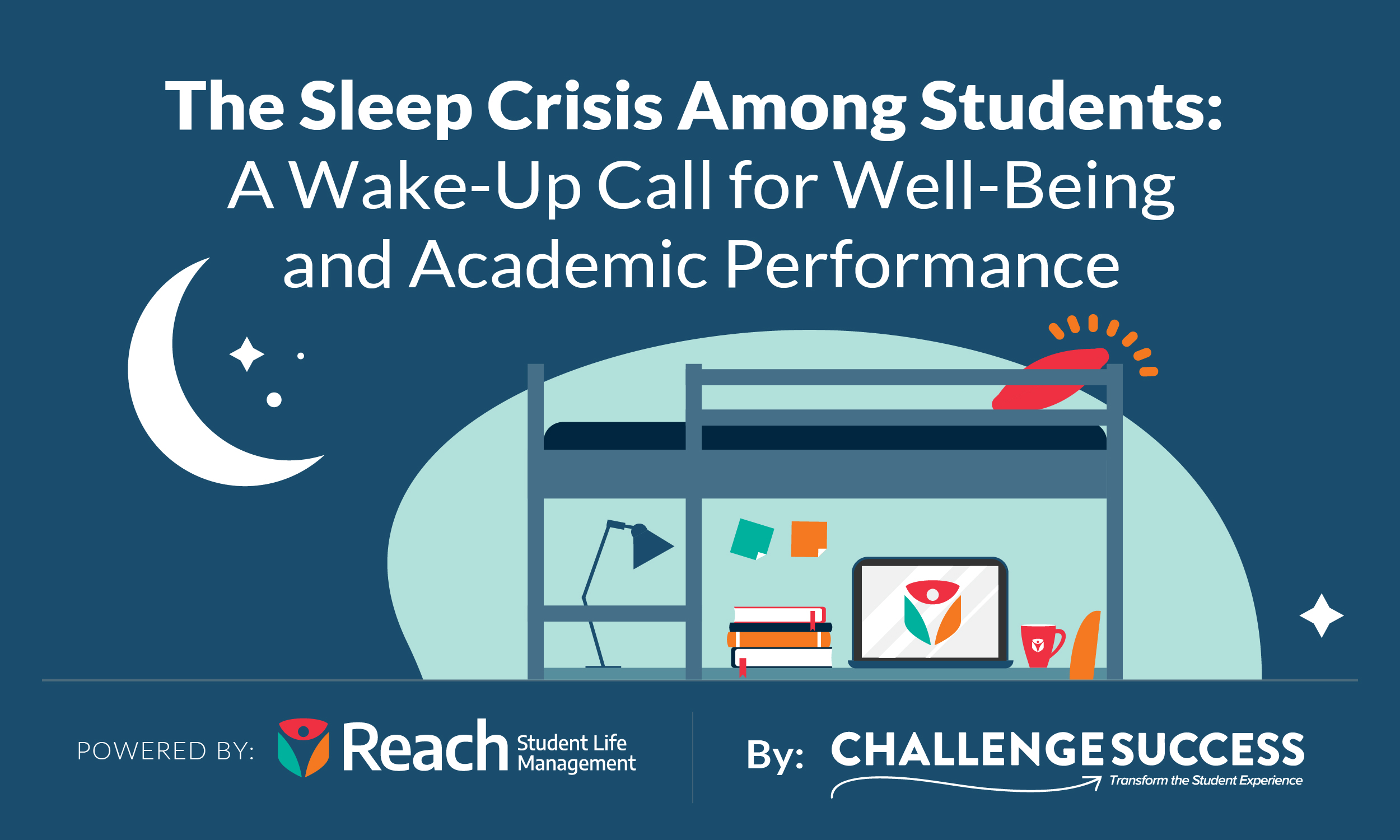 The Sleep Crisis Among Students: A Wake-Up Call for Well-Being and Academic Performance
The Sleep Crisis Among Students: A Wake-Up Call for Well-Being and Academic PerformanceThe 2024 Student Voice Report by Challenge Success shows high school students get only 6.6 hours of sleep per night. This sleep deficit impacts their stress, well-being, and performance. Schools must promote healthier sleep habits and rethink schedules.
Read the article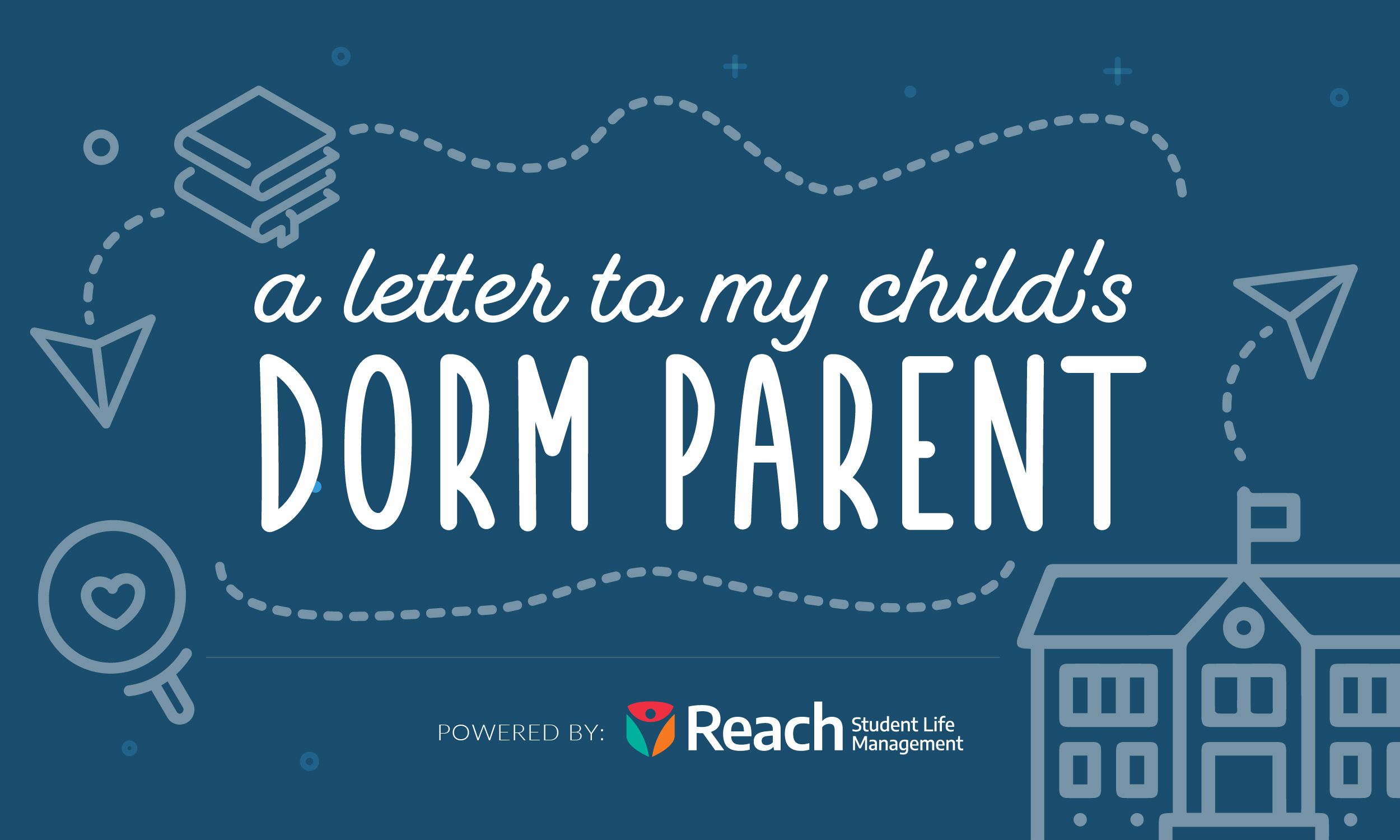 To My Child’s Dorm Parent!
To My Child’s Dorm Parent!A heartfelt letter from a parent to their child's dorm parent highlights the deep trust and anxieties involved in boarding school life. It's a powerful reminder of the impact dorm parents have—worth reading!
Read the article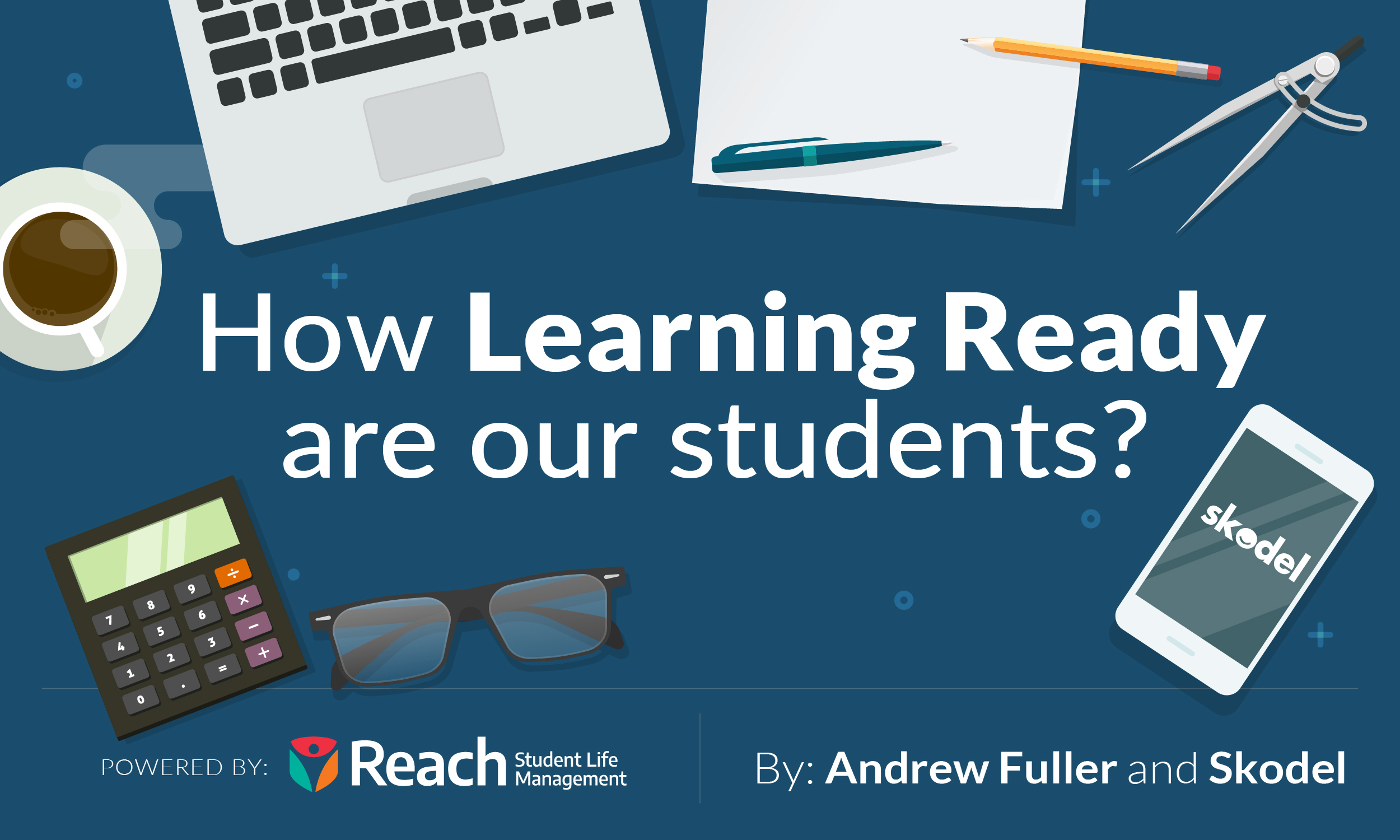 Student Readiness – How ‘learning ready’ are our students?
Student Readiness – How ‘learning ready’ are our students?Andrew Fuller and Skodel's analysis on student readiness reveals three main inhibiting factors: high pressure from self and family, concentration issues, and lack of classroom connection. Addressing anxiety, digital habits, and fostering social networks are key to improving learning readiness.
Read the article